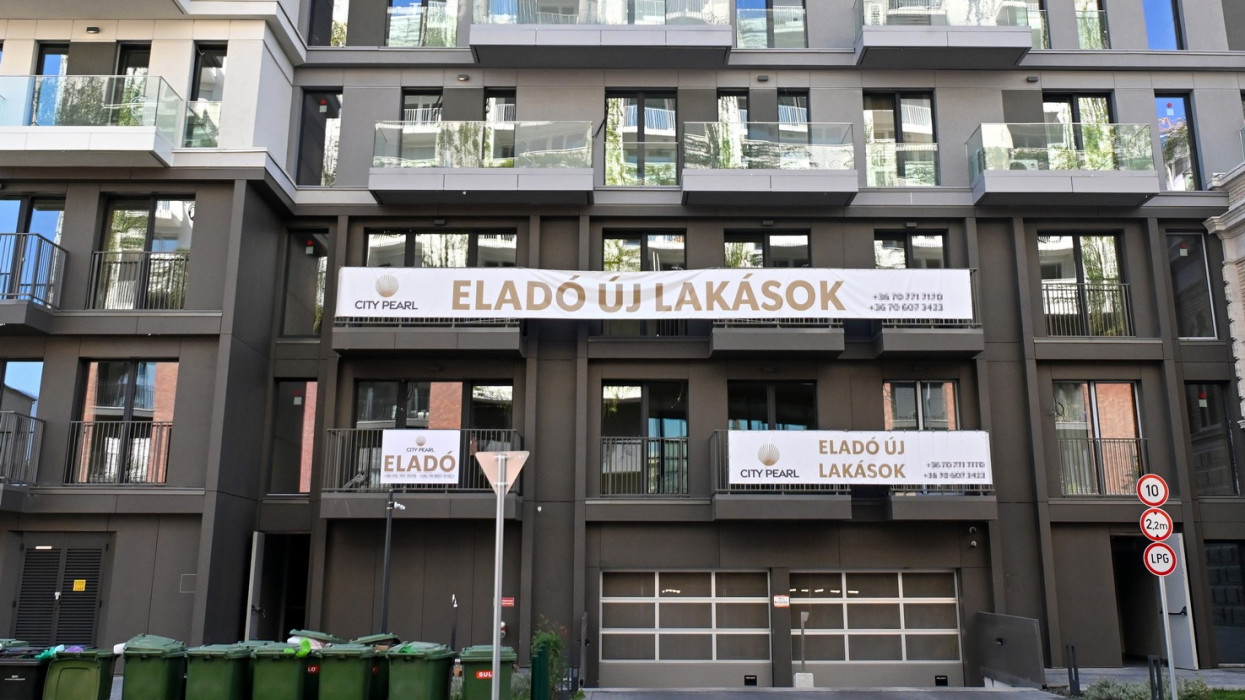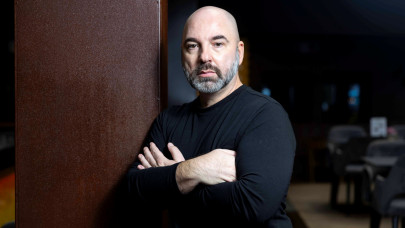Dick Hordijk, CEO Agrifirm: "In the brief period that I have been working for this wonderful company, I am repeatedly struck by how close our Cooperative is to its members. These entrepreneurs fulfil an important role in the food production chain and together with them, Agrifirm stands at the centre of the social debates about healthy and sustainably produced food. The agrifood sector, together with chain partners, such as retailers and NGOs, must participate in this social debate in all openness."
"As a source of inspiration and to test our CSR policy, we completed a materiality analysis in 2016," says Ruud Tijssens, Director Corporate Affairs, Strategic R&D and CSR. "The stakeholders consisted of members, chain partners, NGOs and academia. The majority of the material topics from the analysis has been incorporated into our CSR policy. We have actively been working for years on sustainable procurement, preserving soil quality and closing mineral recycling loops. Other topics, such as food safety, transparency and ethical business operations are important to Agrifirm and its stakeholders. These topics form part of our way of working, but up until now we have not explicitly made these part of our CSR policy. This insight motivates us to once more critically review our six CSR pillars and our communication about this."
The sustainable procurement of raw materials for animal feeds is one of Agrifirm's socially important activities. In 2016, Agrifirm asked an independent certification body to identify the potential social and environmental issues at play in wheat, corn and rapeseed meal production countries. The findings of this study were discussed with the suppliers of these raw materials. An investigation will be conducted together with suppliers to determine which issues can actually occur within the Agrifirm supply chain and how these can be influenced.
Tijssens: "At the end of 2016, we were working full tilt on operationalising our strategic CSR objectives. For example, the Plan-Do-Check-Act cycle for energy efficiency measures was implemented at our production sites. We go through this cycle every three months. In addition, in 2016, a session was organised to collectively discuss best practices relating to energy efficiency measures at production sites."
In 2016, Agrifirm implemented a refinement of the R&D Scan. Agrifirm uses this scan to provide insight into the impact of products and services at the farm level. In terms of the
CSR policy's 'health and efficiency pillars', this method contributes to Agrifirm's ability to effectively analyse the impact of Agrifirm's products and tools at the farm level. Furthermore, the scan helps in setting priorities for developing concepts that are focused on improving soil, plant and animal health.
An example of a product that is identified as having high impact by the scan is the Akkerweb Phytophthora advisory module. This tool makes recommendations concerning the right spraying time on the basis of current plot and weather information. The R&D Scan assigns a high score to this tool due to its low implementation costs and effort, its immediate applicability in actual practice and the fact that the tool is based on knowledge and information provided by an independent knowledge party, Wageningen University.
Sustainable consumer-oriented chains is one of the CSR policy's six pillars. In 2016, the poultry farming sector in the Netherlands made a fast turnaround to a more socially responsible production method: the Goed Nest Kip concept [an animal-friendly chicken breeding concept]. Agrifirm quickly anticipated changing market demand with the Slow Feed approach and is a market leader in terms of sustainable poultry farming concepts. Agrifirm's first Green Deal for soy from Dutch soil is another good example of a new, socially responsible earnings model.
Agrifirm is aware of its role in the social debate about agriculture and horticulture. It focuses its strategy on the healthy and sustainable production of food, whereby it supports primary entrepreneurs with knowledge, concepts and products.







